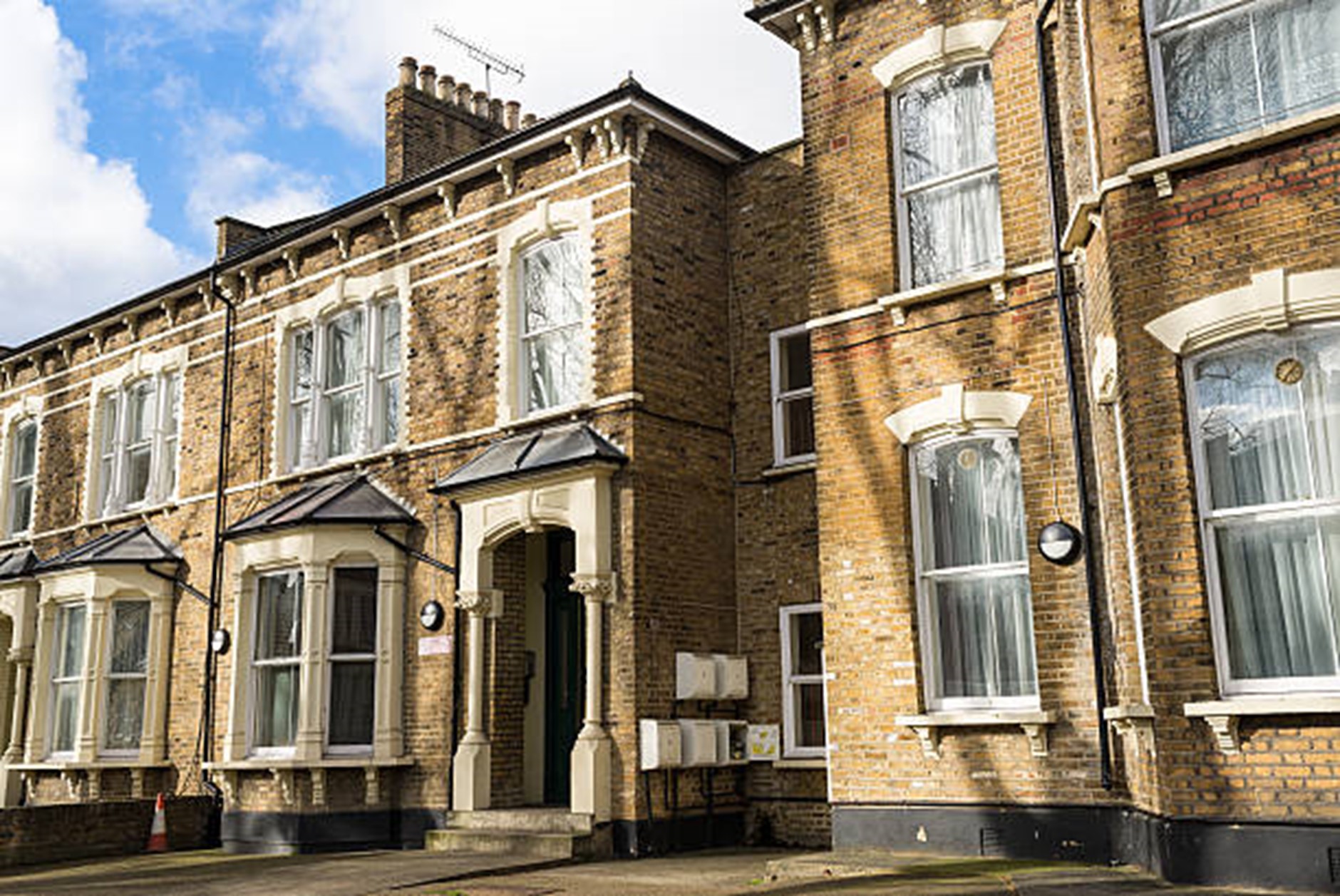A few months back experts were predicting a disastrous crash in the housing market, with some analysts warning of a potential 20% decline in prices. However, contrary to these predictions, house prices have not fallen at the rate economists feared they would. Instead, property values are experiencing a gentle decline, and the problems of negative equity and forced sales that characterised previous downturns have not materialised.
The avoidance of a major crash can be attributed to several factors. Firstly, buyer demand has increased due to a housing shortage, which has helped stabilise prices. Additionally, the rules implemented after the financial crisis have ensured that homeowners are better prepared for potential price falls.
While economists initially predicted significant price discounts ranging from 10% to 20%, the actual decline since the peak in August 2022 has been just 4.6%. Some experts now believe that a house price crash could be entirely avoided. Factors contributing to this include falling inflation, rising rents pushing people towards homeownership, and interest rates that, although higher, are not sufficient to force homeowners to sell.
Nationwide has predicted a peak-to-trough fall in house prices of between 5% and 6%, suggesting a “soft landing” for the UK housing market. The building society’s chief economist, Robert Gardiner, has emphasised that a more significant correction would require a higher rate of forced selling, which is unlikely given the current interest rate levels.
Despite concerns about inflation and potential Bank Rate rises, house sellers are still achieving 98.8% of their asking prices, indicating strong market conditions. Major house builders have also reported a bounce back in sales since the beginning of the year, further supporting the notion of a resilient market.
The introduction of higher stress tests for mortgage lenders and tightened credit rules by the Bank of England has played a significant role in preventing excessive household debt and overpayment for properties. Unlike previous housing market cycles, these measures ensure that borrowers must prove their income and demonstrate their ability to afford mortgage repayments.
Another contributing factor to the absence of a house price crash is the motivation of first-time buyers. Soaring rents in the rental market are driving individuals towards homeownership, especially in areas like London, where rental costs have increased significantly. This demand, coupled with the limited housing supply, has helped stabilise prices.
While some affordability challenges remain, with housing becoming less affordable than during the financial crisis, mortgage repayments are still relatively low compared to past standards. The stringent regulations have prevented a boom and bust market but have also limited access to homeownership, particularly for young buyers. The wealthier households who own property are not under pressure to sell, which reduces the chances of significant price discounts.
Bottom Line
The predicted house price crash has not occurred as expected. The combination of buyer demand, housing shortages, prudent lending practices, and rising rents has helped stabilise the market. While challenges persist, the likelihood of a severe crash similar to the one experienced in the 1990s seems remote. As long as housing supply remains limited and demand continues, a soft landing is expected for the UK housing market. Visit Hana Capital for more details.
